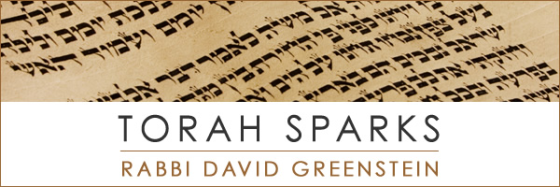Parashat Huqqat
Numbers 19:1-22:1
Our portion takes its name from the phrase “zot huqqat ha-Torah” – this is the rule of the Torah – that introduces the paradoxical laws of the Red Heifer ceremony. This ceremony purifies those who have contracted ritual impurity even as it renders the pure priest, who administers this rite, impure. It sounds illogical. So the commentators explain that there are some rules in the Torah that are not amenable to rational explanation. They are simply God’s Will.
It is, therefore, even more paradoxical that the term used for an “irrational law” – hoq – itself has a field of meaning that can lead us to the very opposite understanding. The word “hoq” does not only mean a rule, as in “law.” It also means a set measure. See, for instance, the verse in Eshet Hayyil: “She gives sustenance to her household and apportioned food to her maidens.” (Prov. 31:15) The term can adequately be translated as “ration.”
But look! That term, itself, incorporates the connotations of “rationality” as well as meaning “predetermined allotment,” a final decision not to be questioned. Both in Hebrew and in English we thus have an expression that speaks to the dynamics of our reasoning. We are always enmeshed in a cycle of thinking about things and then deciding that it is time to stop thinking about them and start acting. And then we start questioning and thinking about them again. When should we seek to probe and understand more fully and when do we have “reason” to stop analyzing and begin accepting our apportioned allotment – our ration?
Our tradition tells us that the great merit of Israel at Sinai was that we responded to God’s offer of the Torah with the words “we will do and we will listen.”(Ex. 24:7) This is understood to mean that Israel was willing to suspend its desire to analyze and rationalize the merits of the Torah and to trust, unquestioningly, that God’s offer was, indeed, a precious gift. But they reserved the job of reasoning and understanding for later. And this has been the glory of our Jewish heritage ever since.
Our Torah portion raises the question for each of us – when we hear about a mitzvah from the Torah, are we to adopt the pre-rationing or post-rationalizing approach to it? Are we called upon to trust or to reason? When is one or the other enough?
Shabbat Shalom
Rabbi David Greenstein
Subscribe to Rabbi Greenstein’s weekly d’var Torah
- Toby Stein: In Memoriam - Thu, Feb 8, 2024
- Faithfulness and Hope: Parashat Sh’lach - Thu, Jun 23, 2022
- Past Their Prime: Parashat B’ha`a lot’kha - Thu, Jun 16, 2022

